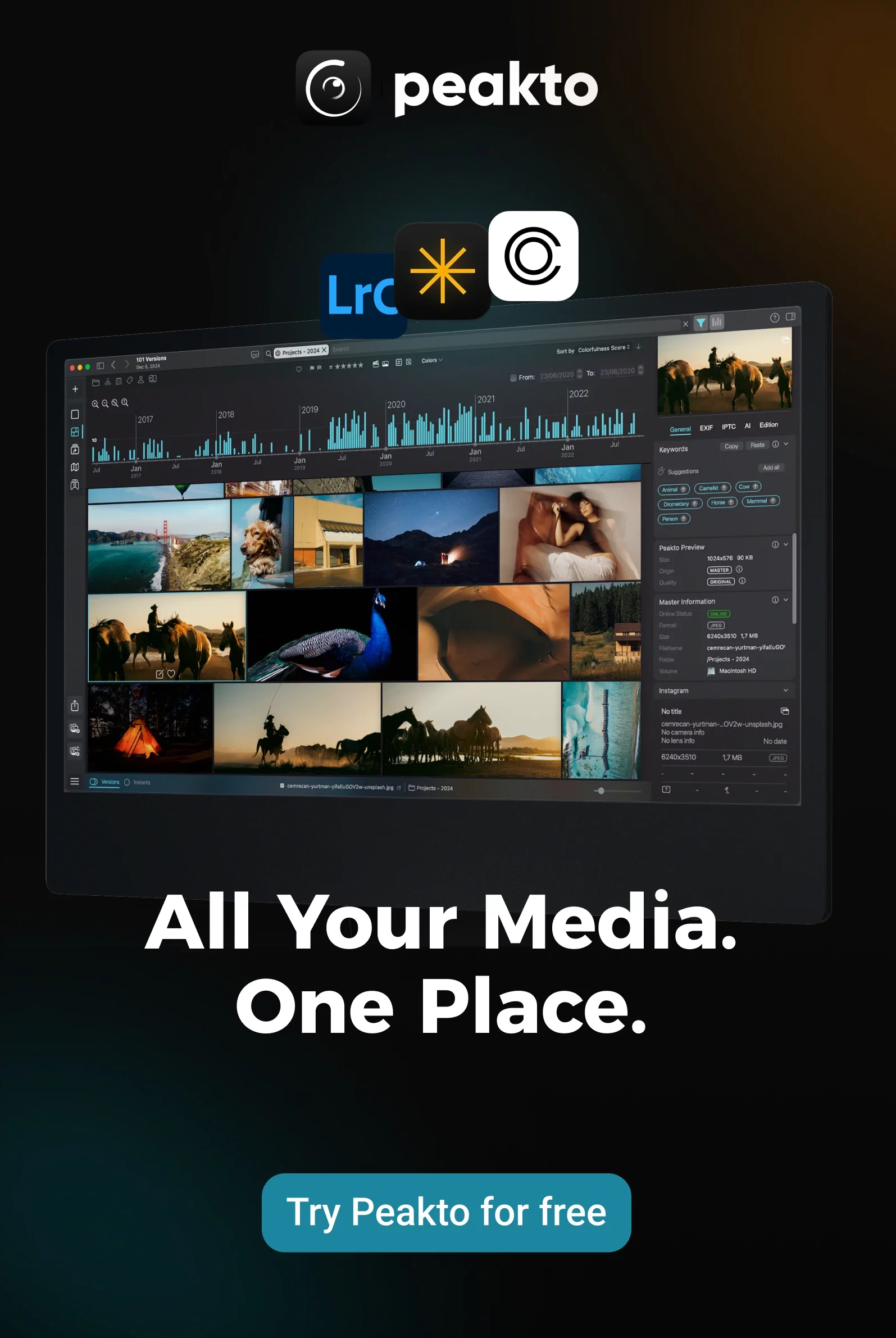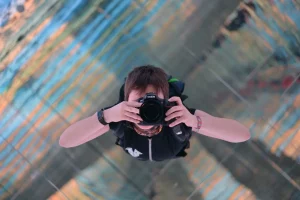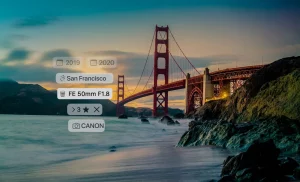We live in an age where we can video-call someone on Mars (well, almost), yet the safest and most sophisticated way to organize your family photos is to keep them right where they began: on your own device. That’s the magic of a local facial recognition software — a photo organizer with facial recognition respecting privacy.
Powered by advanced AI photo tagging, they work like a brilliant personal librarian who never gossips. Imagine technology that can recognize your grandmother’s smile across decades of photos — while keeping that recognition entirely private. It’s like having a photographic memory that belongs only to you. And that’s why the smartest photographers are choosing to go completely offline for their most precious memories.
Oprah Winfrey once shared that she prints her most treasured photos because “digital can disappear.” We may not all have Oprah’s team of archivists, but we can have something better: intelligent local organization that treats your memories like the treasures they are — without ever sending them off to distant servers.
Why Privacy Matters More Than Ever
When you upload images to cloud-based facial recognition systems, you give up more than convenience. You risk:
- Data leaks: In 2023, over 422 million accounts were affected by data breaches in the US (Statista).
- Unauthorized access: The U.S. Government Accountability Office notes that many law enforcement agencies already rely on private cloud-based facial recognition.
- Loss of control: Once your data is uploaded, you can’t always know where it goes — or who uses it.
And sometimes, the risks are hidden in plain sight. For example, this analysis of CapCut’s fine print highlights how seemingly free creative tools can come with serious privacy trade-offs.
According to a Georgetown Law study, 117 million American adults are already in law enforcement facial recognition systems, often without consent. The risk extends beyond storage platforms — with facial images often linked to profiles on social media, even small data leaks can expose far more personal information than intended.
Local photo organizers flip this script entirely. By processing facial recognition technology directly on your device, you maintain complete control over your data while still enjoying the benefits of intelligent photo management. And with modern face recognition search, deep neural networks now run efficiently on consumer hardware, making privacy-preserving face recognition not just possible, but practical for everyday users.
What to Look for in a Privacy-Respecting Local Photo Organizer
1. On-Device AI Recognition: Facial Recognition That Never Leaves Your Computer
One of the biggest shifts in photo management today is the move to on-device facial recognition technology. Instead of sending your photos to remote servers, the analysis happens entirely on your computer. That means your facial images and personal data never leave your machine — eliminating the risks of third-party access or hidden uploads.
Local face recognition systems use advanced deep neural networks to identify and cluster faces with remarkable accuracy — often reaching over 99% precision in controlled conditions (NIST). The result? A photo organizer with facial recognition that works in real time while keeping your content completely private.
Think of it as your own private face recognition system — lightning fast, accurate, and absolutely secure.
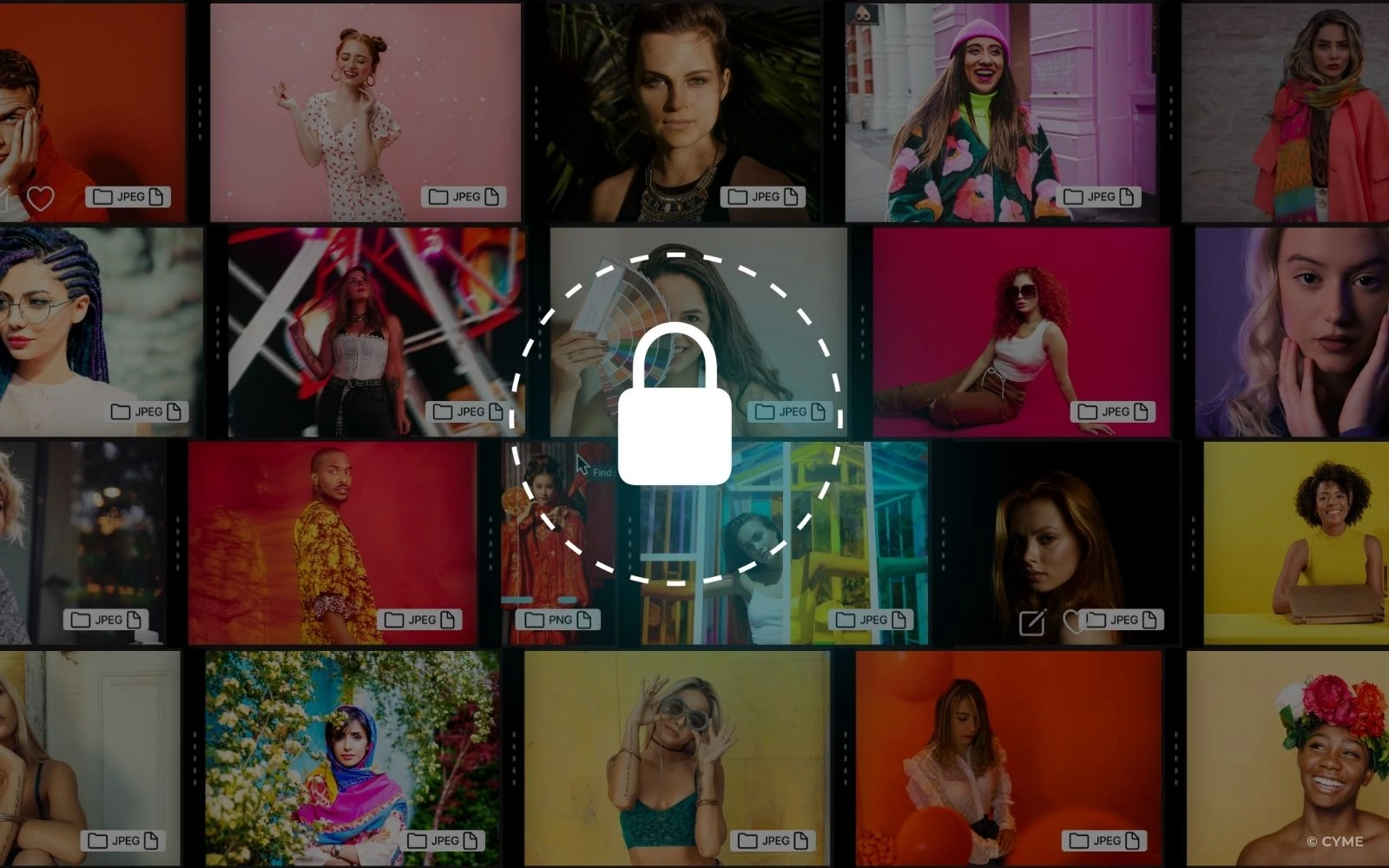
2. GDPR & US Privacy Compliance: Staying Legal and Ethical
Privacy isn’t just a preference — it’s the law. The best local photo organizers explicitly align with GDPR, California Consumer Privacy Act (CCPA), and emerging U.S. regulations. This ensures your workflow respects privacy protection requirements for storing and processing facial images.
Recent analyses published on Google Scholar reinforce the importance of adopting privacy-preserving recognition systems, especially as biometric regulations evolve worldwide.
Why does this matter? Because using tools that mishandle data can put you at risk — especially if you photograph clients.
3. Cross-Catalog Search: Find Faces Anywhere Instantly
Your images live in different places — Lightroom, Capture One, Apple Photos, maybe even folders you haven’t touched in years. A smart local photo organizer lets you search across all these catalogs at once, without duplicating files or losing edits.
Using face recognition technology, these systems act like a universal search bar for your entire photo history. Want every shot of a friend from different years and folders? Done. Need to pull together a client’s portfolio spread across three hard drives? Easy.
No more endless browsing or guessing filenames — just instant results, powered by privacy-friendly photo indexing software that lets you search by face, all while keeping your content fully under your control.
4. Metadata & Annotation Tools: Complete Control Over Your Photo Data
Metadata is your secret weapon for photo discovery. Beyond facial recognition, local organizers let you add keywords, categories, and descriptions to every photo. The difference? With local tools, this tagging happens offline — so your personal data and annotations never get uploaded to external databases.
Add context like “wedding,” “beach,” or “New York 2024” to photos. Or combine them with face tags for even more precise results. The best software even lets you track usage rights, so you know exactly where and how each image can be shared.
This isn’t just about staying organized — it’s about building a photo library that’s searchable, compliant, and entirely under your control.
Some photographers also explore open source recognition systems for added transparency, though these often require more technical setup than user-friendly local photo organizers.
5. Seamless Integration: Privacy Without Breaking Your Workflow
Switching software shouldn’t mean starting from scratch. That’s why top local photo organizers integrate smoothly with editing apps like Lightroom, Capture One, and Apple Photos. You keep your existing edits, catalogs, and workflows — while gaining the power of AI photo tagging and face recognition privacy.
Better yet, this integration is invisible. You’ll see familiar interfaces, but with smarter tools working in the background. That means no disruption, no exporting, and no risk of losing your digital images to incompatible systems.
It’s privacy protection that feels effortless — the kind of upgrade you notice only when you wonder how you ever worked without it.
6. Integration with Existing Workflows
Professional photographers and content creators need photo organizers that integrate seamlessly with existing digital asset management workflows. The most effective solutions support popular RAW formats, maintain Adobe compatibility, and preserve professional metadata standards.
Cross-platform synchronization capabilities allow teams to share organized libraries while maintaining local processing and privacy protection. These hybrid approaches combine the benefits of collaboration with the security of local storage.
7. User Experience and Learning Curve
Despite sophisticated underlying technology, the best local photo organizers prioritize intuitive user interfaces that make advanced features accessible to non-technical users.
Smart defaults, guided setup processes, and contextual help systems reduce the learning curve for privacy-conscious users switching from cloud alternatives. With a program to recognize faces in pictures built into the workflow, these tools remain powerful yet easy to adopt.
Customizable organization schemes adapt to different photography styles and personal preferences, ensuring the system works with your natural workflow rather than imposing rigid structures.
Smart Organization Meets True Privacy with Peakto
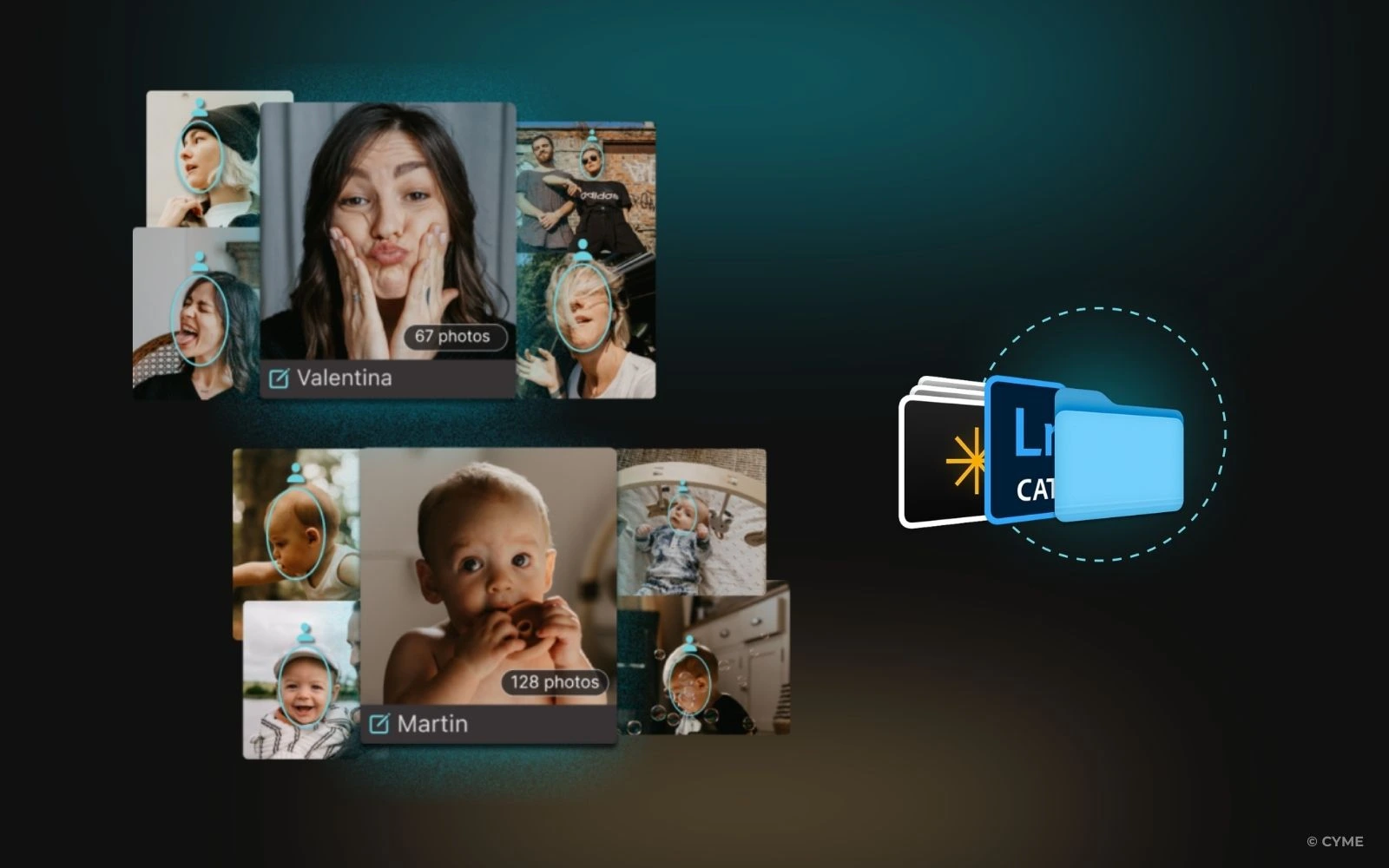
If you’re looking for a tool that delivers AI-powered face recognition without sacrificing your privacy, Peakto is built for you.
Unlike cloud-based apps, Peakto runs entirely on your Mac — so your photos, facial images, and metadata stay right where they belong: with you. If you want to go further, you can also learn how to use face annotation in Peakto to refine people tags even more. Here’s what that looks like in practice:
- AI face clustering: Instantly group and tag faces across decades of photos — no manual sorting required.
- Cross-catalog search: Whether your images live in Lightroom, Capture One, Apple Photos, or a mix of all three, Peakto finds them without duplication.
- Annotation that stays intact: Add names, keywords, and descriptions while preserving every original edit and metadata detail.
- Offline by design: No uploads, no hidden servers — just lightning-fast performance on your own device.
Local tools like Peakto prove that you don’t need to rely on the cloud or compromise privacy when using a photo organizer with face recognition respecting privacy to manage your media. You can have smart, AI-powered photo organization — without handing over your data.
The Professional Advantage of Local Photo Organization
Complete Creative Control
Local photo organizers provide creative professionals with unprecedented control over their digital assets. Without cloud dependencies, photographers can organize, tag, and search their entire portfolio regardless of internet connectivity or service availability.
This independence proves crucial for professionals working in remote locations, traveling internationally, or managing sensitive client content that requires strict privacy protection. Complete local control eliminates external dependencies and potential service interruptions.
Cost-Effective Long-Term Solution
While cloud storage services impose recurring monthly fees that increase with storage requirements, local photo organizers typically require only one-time purchases with optional update subscriptions. For photographers with large libraries, local solutions often provide significant cost savings over multi-year periods.
Professional features like advanced facial recognition, metadata management, and workflow integration come standard rather than requiring premium subscription tiers. This value proposition makes local solutions particularly attractive for budget-conscious creators.
Master Local Photo Organizer with Facial Recognition Respecting Privacy
Learning to implement local photo organizers with facial recognition respecting privacy isn’t just about protecting your data—it’s about reclaiming control over your digital memories while enjoying the benefits of intelligent organization technology.
The future belongs to photographers and privacy-conscious users who refuse to compromise their personal data for organizational convenience. By choosing local solutions with advanced facial recognition capabilities, you’re investing in both immediate productivity gains and long-term privacy protection.
Your photos tell your story. Make sure you’re the only one reading it.





